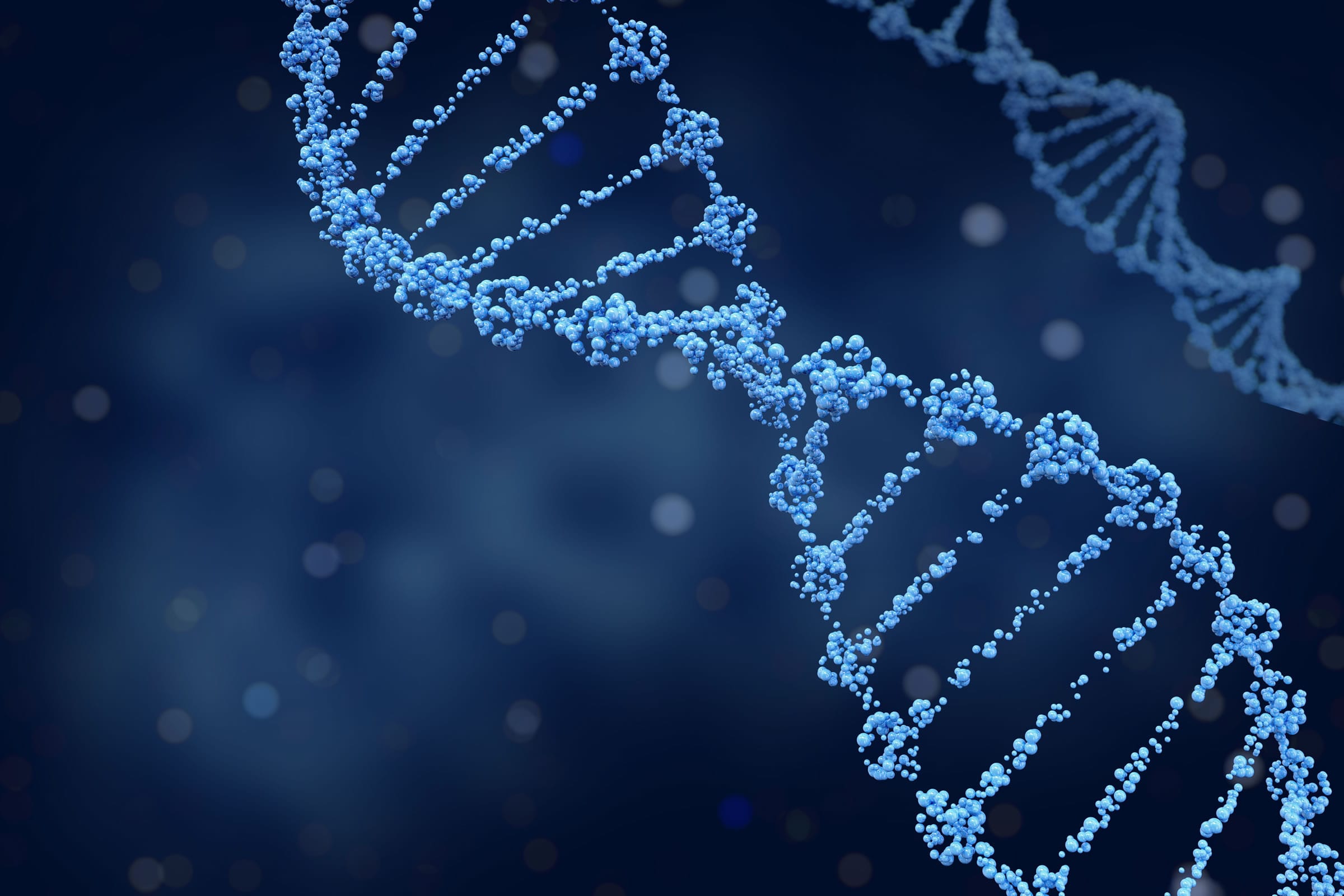Turns out, there’s solid scientific reason to trust your gut. Thanks to the roughly 100 trillion microorganisms that live in the gastrointestinal (GI) tract, the gut can often tell you how you feel before your brain has worked it out. The two systems are always talking, exchanging chemical signals whose effects ripple out across the entire body.
To help our guests enjoy maximum wellbeing, the Chenot Method focuses on rebalancing the gut microbiome, leaning on our signature diet to provide only the nutrients that allow flora to thrive while eliminating those that enable dysbiosis. In combination with a suite of relaxing therapies, our treatments restore crystal-clear communication along the gut-brain axis, and harmony throughout the whole body.
As anyone who’s ever experienced a knot of anxiety in their stomach will know, your gut can tell you how you feel before your brain has worked it out. That’s thanks to the robust ecosystem of bacteria, fungi, viruses, and other microorganisms that live in the gut — roughly 100 trillion microbes, whose chemical byproducts allow for constant communication between the two systems. The gut microbiome can improve or impair cognitive function as well as affect sleep performance and emotional status; it can boost or burden immune resilience; it can calm or instigate inflammation; it can even help determine the pace of ageing, all in addition to its metabolic role.
“Gut health means that we are able to absorb, digest, metabolise, eliminate, create,” says Dr. Antonio Di Mauro, research and innovation manager at Chenot. It means that the body can actually use the nutrition you put into it, but it also means that the connection between the brain and the GI tract remains sharp. “Anything we eat, anything we drink, any ingested medication, a huge cluster of emotions, of feelings: It all projects towards the gut.” In the end, we are talking about chemical molecules, some of which — water, nutrients, and hormones, to name a few — interact with our microbiomes and some of which — amino acids, neurotransmitters, organic acids, and more — are created by them as byproducts. Meaning strong gut barrier integrity is crucial for full-body wellbeing.

Why is a healthy gut microbiome so important?
The GI tract’s most obvious biological role is in digestion: It controls the enzymes that help us break down food; the circulatory functions that allow us to absorb nutrients; and the elimination of waste. To do all that, the gut relies on its own nervous system: The enteric nervous system, a subset of the autonomic nervous system that rules the automatic operation of our vital organs. The existence of the enteric nervous system means the gut can receive and process information on its own, even as it benefits from direct connection to the brain via the vagus nerve. At the same time, the microbiome also produces neurotransmitters — think serotonin, the happy hormone, and cortisol, the stress hormone — that help regulate our emotions. Anxiety, stress, depression: All of it can show up in the gut, thanks to the microbiome.
But it’s not just the gut-brain axis that impacts our health. The microbiome produces a suite of blood-borne metabolites that act on other organs. A few examples include indole, which regulates the hormone that helps balance insulin and blood glucose; short-chain fatty acids butyrate, propionate, and acetate, which improve liver function and tamp down inflammation, among their many functions. “The liver is the biggest gland in our body,” Di Mauro explains, “essential when it comes to digestion, when it comes to metabolisation, when it comes to transforming molecules that include nutrients — think carbohydrate, protein, fat — to nourish the brain, to nourish the muscle, to nourish the body.” That delicate interplay of gut flora may therefore help curb the development of type 2 diabetes and obesity, while new research further suggests that certain gut bacteria help break down cholesterol, potentially lowering the risk of cardiac disease.
Further, an estimated 70 to 80 percent of immune cells live in the gut, and any imbalance in the flora — what’s called dysbiosis — can dull their responsiveness. That, in turn, can inhibit their ability to control inflammation, creating a pathway toward chronic inflammatory diseases. For all these reasons and more, keeping the gut microbiome balanced is a first step toward keeping the whole body healthy.

How can you tell if the gut microbiome is imbalanced?
Diet, medication, alcohol, smoking, environmental factors, and emotional stress can all disrupt the gut microbiome’s balance and lead to dysbiosis. The clearest symptoms will be fairly obvious ones, Di Mauro explains: “Problems with constipation, with diarrhea, with bloating,” and with nausea, are all straightforward indicators that something is wrong with the GI tract, he says. “And then there are of course other symptoms that are unrelated to digestive tract function at first, which might be discovered during a consultation with an expert.”
Indeed, research indicates that dysbiosis can manifest more abstract symptoms — brain fog, difficulty focusing, anxiety, and any emotional imbalance as well as other cognitive disruptions — thanks to the gut-brain connection. Certain autoimmune disorders, joint pain, certain forms of arthritis, skin conditions such as eczema and psoriasis may also stem from dysbiosis, due to its inflammatory effects. The gut microbiome interacts with our mind and with our body — not by chance, but because of “psychobiota,” a cluster of microorganisms that influence and interact with our emotions and our brain. Because the gut’s influence is wide-reaching, and so are the symptoms of its disruption.
How do you treat dysbiosis?
Dysbiosis is the medical word for a derangement in microbial flora, and a consultation with a specialist should help clarify what kind of dysbiosis is affecting the person: Fermentative? Putrefactive? Dysbiosis due to lack of nutrients? Dysbiosis due to fungal infection? The most intuitive place to start is with diet: Eliminating processed foods and replacing them with whole foods. And if imbalance leads to systemic disorders, then balance is the key to gut health — and also the reason why many fad diets, which often lean hard on a particular food group, can wreak havoc on gut flora. Research indicates that imbalanced dietary approaches might wreak microbial balance, potentially predisposing a person towards dysbiosis and/or malnutrition. The key to a healthy gut is to provide a full portfolio of nutrient-dense foods on a regular basis, supporting the routine tasks of different microbes. Some thrive on the prebiotic fiber found in plants, transforming it into short-chain fatty acids; others rely on the micronutrients and healthy fats — think nuts, fish, seeds, olive oil — that naturally calm inflammation; and others on fermented foods full of probiotics that foster the growth of good bacteria.
The Chenot Diet® delivers nutrients and molecules that nourish the microflora, offering a reset over the course of seven days. Plant-forward and low in protein, it supplies crucial ingredients for gut recovery across 850 calories, which in turn eases the strain on the GI tract. The Chenot Diet® isn’t intended for long-term use, but rather, to restore a solid foundation on which guests can rebuild flora-friendly habits.
At the same time, the Chenot Method® acts on the other parts of the body that might be sending S.O.S. signals to the gut, chiefly by targeting stress. When our bodies are chronically flooded with stress hormones — cortisol, adrenaline, noradrenaline — the parasympathetic nervous system, responsible for rest and nutrient absorption, might become impaired. Those chemicals also hinder good gut bacteria and promote the bad through inflammation, ultimately creating dysbiosis. Through regulated breathwork, daily spa treatments, targeted physical activity, and advanced treatments that include photobiomodulation and cryotherapy, we can restore order to a dysregulated endocrine system, and ultimately, a dysregulated microbiome.
Because again, the gut-brain axis is a two way street: These two are locked in a feedback loop; always talking, always reacting. Achieving your best you means bringing both back into harmony.
Detox & Reset
Вызывает глубокое очищение и детоксикацию организма, чтобы вывести токсины, повысить жизненный тонус, восстановить энергетический уровень и сбалансировать физиологию.
CHF 5’500
Detox & Reset
Расслабьте разум, восстановите силы — программа Chenot «Восстановление и энергия» снижает уровень стресса и усталости, восстанавливая оптимальный уровень энергии.
CHF 6’400
Detox & Reset
Самая интенсивная программа Chenot по укреплению здоровья, сочетающая в себе фирменный детокс и омоложение, замедляющее наступление старения.
CHF 7’100
Diagnostics & Optimisation
Самая интенсивная программа Chenot по укреплению здоровья, сочетающая в себе фирменный детокс и омоложение, замедляющее наступление старения.
CHF 6’100




